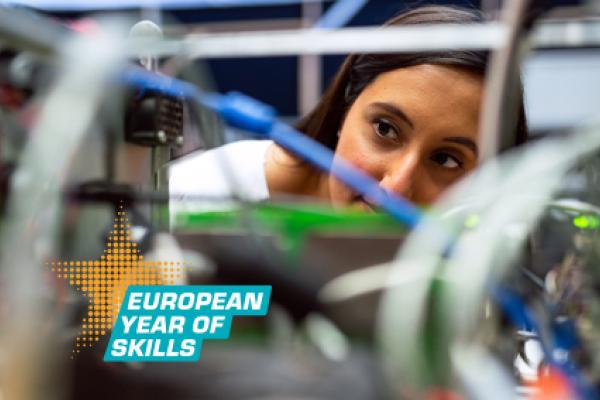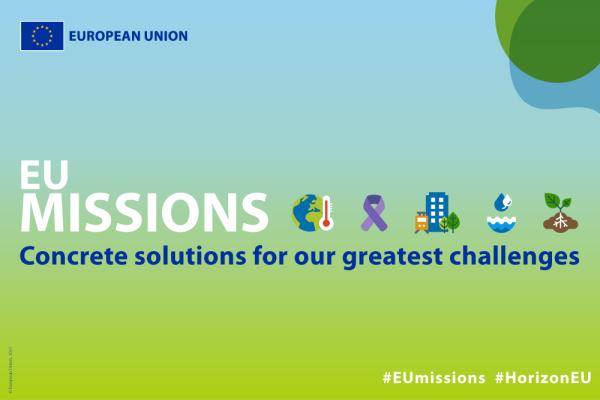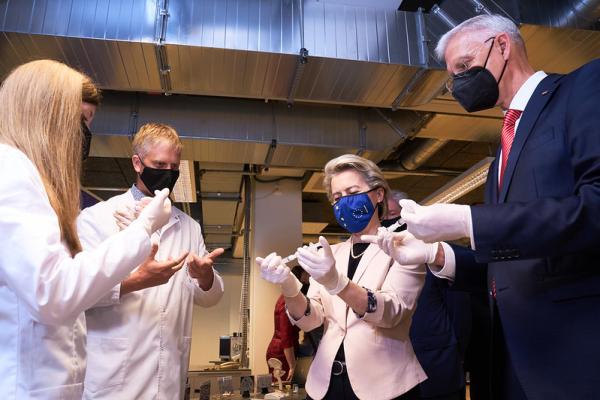Under Horizon Europe, the European Commission funds research and innovation projects to strengthen research and innovation across Europe.
The 'Widening participation and spreading excellence' sub-programme contributes to building research and innovation capacity for countries lagging behind, in line with the policy objectives of the European Research Area.
Funding opportunities
Proposals under evaluation
Proposals under evaluation
Proposals under evaluation
Proposals under evaluation
Proposals under evaluation
Submit your proposal by 26 September 2024 (second cut-off date)
Proposals under evaluation
Proposals under evaluation
Proposals under evaluation
Submit your proposal by 26 September 2024
Apply for funding
Information on how to compose your project team and find partners
Overview of the application process and what types of projects can be funded
Resources and contact points to help you prepare your proposal
What you should comply with when applying for funding and implementing your project
What to comply with when applying for funding and implementing your project
How to manage your project
Guidelines on the contractual management of your project and reporting
Tips and requirements on communicating your project
Advice and resources on how to disseminate and exploit your project results
News
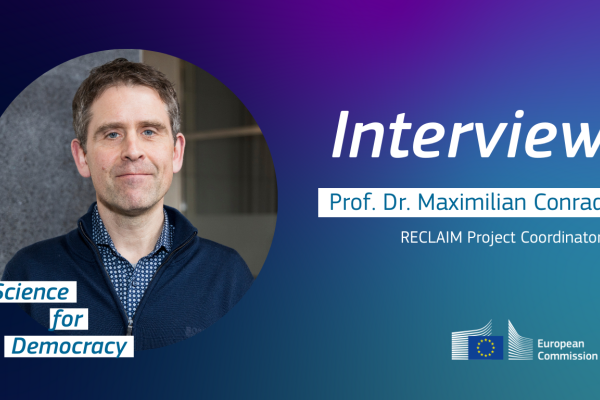
Interview with coordinator of RECLAIM, an EU-funded research project: ‘It has become quite clear that something fundamental is happening in liberal democracies. The concept of truth is becoming increasingly contentious.'

The EU-funded PhasAGE project created a research centre focused on protein phase separation, growing Europe’s research capacity to prevent and treat age-related diseases.
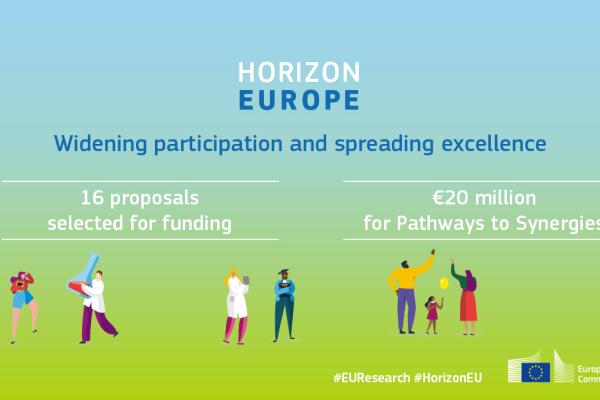
16 proposals submitted within the call for Pathways to Synergies were selected for funding.
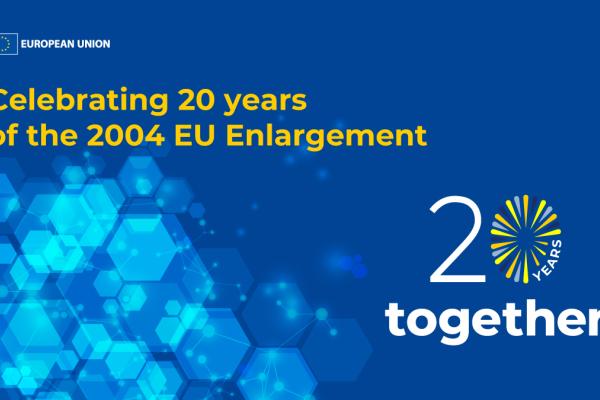
Discover some of the EU-funded projects that have contributed to the research and innovation scene following the 2004 EU enlargement.
Publications

How to make the most of your research project with social media

Fostering skills development in the EU for more sustainable, resilient, and fair societies

EU Mission on Climate-Neutral and Smart Cities: European Research Executive Agency contributing to the Mission

EU Mission “Restore our Ocean and Waters”: European Research Executive Agency contributing to the Mission




